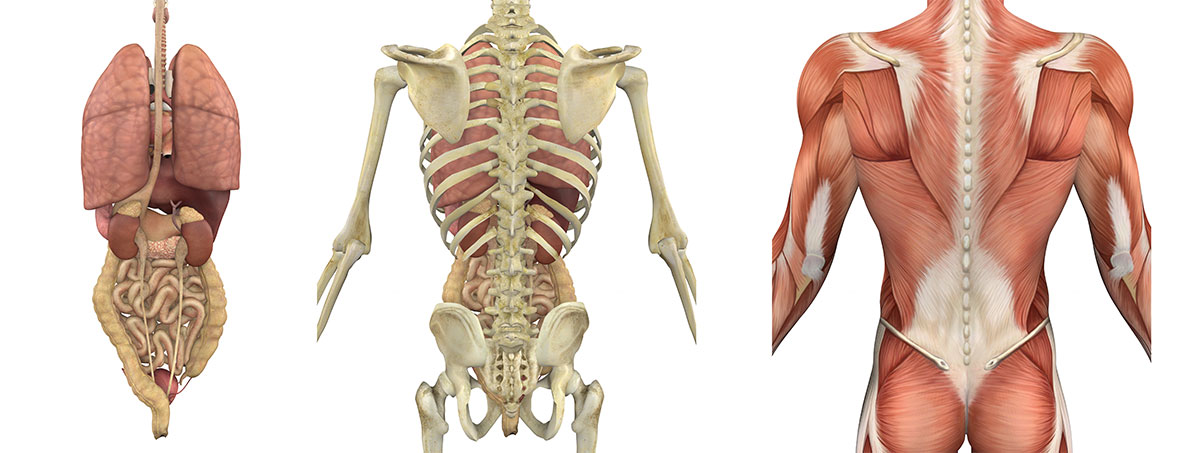Lateral hip pain is common in both active and non-active individuals. This pain tends to be localized over the bony prominence (bump) on the outside(lateral) aspect of the hip. This area will frequently be tender to touch and there may or may not be swelling. The pain may be sharp or dull. The pain may be localized or radiate (travel) down the lateral side of the thigh toward the knee. It may be painful to sleep lying on that side. Most frequently the pain will begin without any known reason.

There are several muscles which may be involved with lateral hip pain. The IT band is a muscle which runs from the pelvis to the knee and crosses over the bony bump (named the greater trochanter).When the muscle rubs over the greater trochanter (GT), irritation can occur resulting in a condition called Greater Trochanteric Bursitis. Loss of flexibility in the IT band muscle or overuse can cause this condition. Another muscle that may be involved with lateral hip pain is the gluteus medius (butt muscle). It attaches from the pelvis directly to the GT and this attachment area can become Inflamed, partially torn, or completely torn similarly to the rotator cuff tendon in the shoulder. When this occurs there may be pain or weakness in abduction (spreading the legs). Other conditions which may cause pain about the hip are hip arthritis (usually more in the front or behind), stress fracture, referred pain from low back or lumbar spine, and other pinched nerves.
Evaluation by the specialist will include physical examination and x-rays (to check for arthritis or stress fractures). Treatment for lateral hip pain usually starts with activity modification, stretching exercises and/or oral anti-inflammatories. In many cases the option of cortisone injection with or without physical therapy may lead to quicker relief. In cases that fail to respond to treatment or have been present for a long time an MRI may be considered. Most patients can be successfully treated without surgery. We will work together so you may choose the course of treatment with which you feel most comfortable. You and I can chase that hip pain away!!!